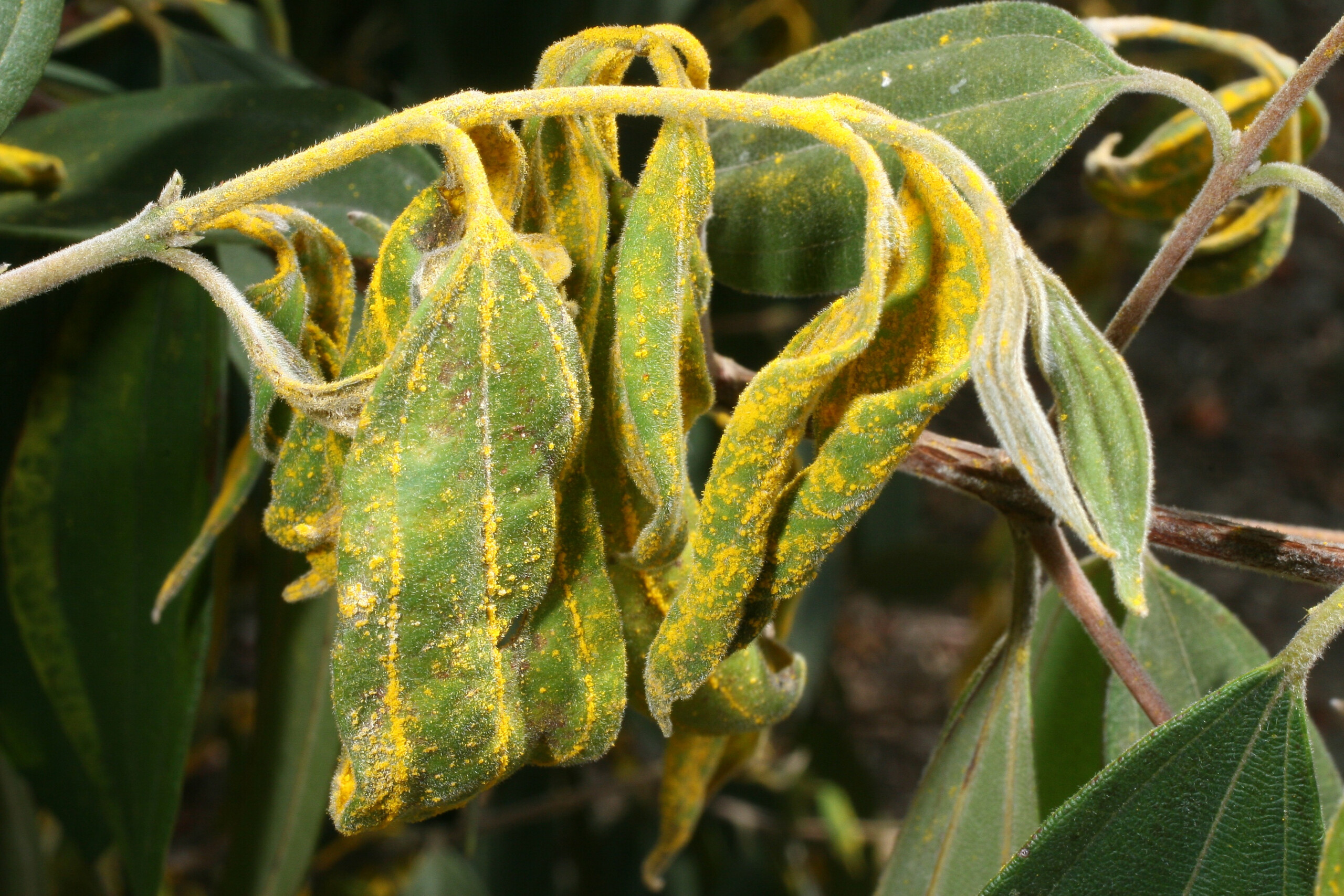While Australia is among the world leaders in airport, marine and weed biosecurity, in this fast-changing world evidence is mounting that we are not securing Australia properly. Pests are invading or spreading in unacceptable numbers.
Few problems confronting Australia match this one in size. The 2004 Senate inquiry into invasive species came to the conclusion that ‘the scale of the problem is enormous and the challenges daunting’. Yet most politicians do not rank invasive species highly. They assume our current policies work.
The report argues that Australia lacks a coherent framework for tackling those plant, animal and disease invaders already in Australia, resulting in large numbers of invasive species slipping between the cracks of mismatched State and Territory laws and policies.
Australia’s biosecurity shield that protect us from weeds, pests and diseases has gaping holes, especially in Australia’s post-border biosecurity system. These holes include quarantine law lists that still permit many invasive fish species to be legally imported, no comprehensive early warning surveillance, an ineffective national regulatory approach to tackling weeds, pests and diseases, inadequate contingency plans for environmental weeds, pests and diseases, a deficient approach to invertebrates, lost opportunities for integrated control of both agricultural and environmental pests, the legal sale of major weeds, inadequate funding for environmental weeds and pests, inadequate protocols to decide eradication priorities, poor sharing of information and lack of community awareness.
In December 2004 Australian, State and Territory governments agreed to develop a ‘robust’ National Framework to Prevent and Control Invasive Species. This report proposes if such a framework is created that it should consist of the following elements:
- National institutions (including a lead Australian Government body) dedicated to invasive species
- A coherent policy framework
- A strong regulatory framework
- A seamless and stream-lined response framework
- A national framework for prevention and early detection
- A national education, training and action program
- A national information system
- A fund for strategic research
- Equitable industry contributions to improve detection and eradication
- Cost-sharing arrangements to fund detection and eradication of both environmental and agricultural threats
The report was prepared by the Australian Biosecurity Group and published in 2005. The Australian Biosecurity Group consists of the Cooperative Research Centre for Weed Management, the Cooperative Research Centre for Invasive Animals and WWF-Australia.








